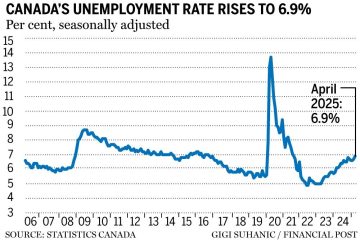Holy Week: Significance and Celebrations in Canada

Introduction
Holy Week, the final week of Lent, is a significant period in the Christian calendar leading up to Easter Sunday. It commemorates the events leading to the crucifixion and resurrection of Jesus Christ. In Canada, a nation with a rich tapestry of cultures and religions, Holy Week is observed by numerous Christian denominations, including Catholic, Anglican, and Protestant communities. This time of reflection, prayer, and community involvement holds immense importance, fostering unity and spiritual renewal among those who participate.
Events and Observances
Holy Week spans from Palm Sunday to Easter Sunday. The week begins with Palm Sunday, which celebrates Jesus’ triumphal entry into Jerusalem. Many Canadian churches distribute palm fronds to congregation members, who often use them to create crosses that can be taken home as a symbol of faith.
Maundy Thursday is marked by commemorating the Last Supper, where many parishioners participate in foot-washing ceremonies, emphasizing humility and service. Good Friday, considered a day of mourning, sees churches holding solemn services that include readings of the Passion of Christ, as well as music and prayer recitations.
In some regions, particularly in southern Ontario and Quebec, there are outdoor processions or reenactments of Stations of the Cross, which illustrate Christ’s journey to crucifixion. These events not only serve as solemn observances but also as community gatherings, bringing together people of various backgrounds in shared spirituality.
Saturday is often a day of quiet reflection before the joyous celebration of Easter Sunday, during which many churches hold sunrise services, symbolizing the resurrection. Festive meals, family gatherings, and Easter egg hunts are common in many Canadian homes, reflecting both religious and cultural traditions.
Community Involvement and Impact
During Holy Week, churches across Canada engage in various charitable activities. Many congregations hold food drives, support local shelters, or organize community events to assist those in need. These initiatives not only provide essential services but also emphasize the teachings of compassion and kindness that are central to Christian faith.
Conclusion
Holy Week resonates deeply with Canadian society, bridging communities and generations through shared faith and traditions. As individuals gather in worship and service, the observance thrives as a powerful reminder of hope, love, and renewal. Moving forward, the challenges posed by the COVID-19 pandemic have encouraged many congregations to adapt and innovate in their observances, leading to a revitalization of participation through both in-person and digital platforms. As Canadian society evolves, the spirit of Holy Week continues to inspire unity and purpose among diverse populations.









